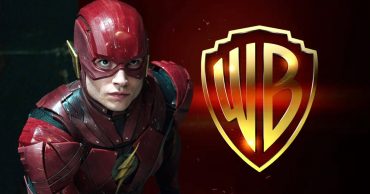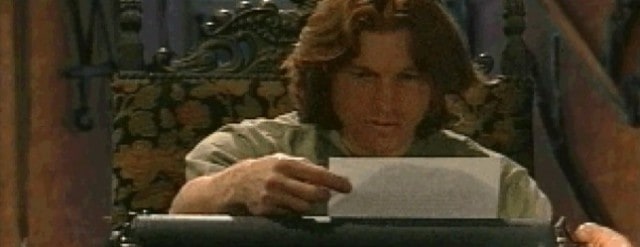
Back in the late 1980s and the 1990s, adventure games were all the rage for PC gamers. Even non-gamers were captivated by the intrigue and excitement that many of these games brought to the table, and the genre proved to be revolutionary as it introduced ideas that would later become commonplace throughout the industry.
Arguably, the two leaders in the genre at the time were Sierra On-Line and Lucasarts, with the former re-emerging recently as a publisher for both new IPs and continuations of its most popular franchises from the past. With the games finally beginning to get the recognition that they’ve missed for years, now is the time for some of the better franchises to make the transition to television. Adventure games have always placed story above all else, making them incredibly appropriate for the television medium.
Let’s take a look, in no particular order, at five of these franchises that would be perfectly served through adaptation.
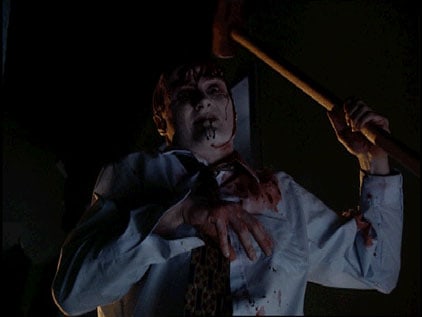
Phantasmagoria
Of all the entries on this list, Phantasmagoria is the shortest franchise with only two games produced in the 1990s. An innovator from the beginning, Phantasmagoria was a horror franchise that attempted to blend fear and story with an interactive use of FMV (full-motion video, or footage that featured real actors and props serving as the game’s interactivity) sequences in a way that hadn’t been done very much before. Phantasmagoria is also unique in the fact that it’s an anthological series, meaning that each entry is its own entity that is unrelated to the other.
Based on the success of shows like American Horror Story, it’s clear that Phantasmagoria could work extremely well on television. For the most part, the presentation could be done in an extremely similar way, with the focus being placed more on the story than on the cast (as American Horror Story has done throughout its five seasons). Even straight adaptations of the two games in the series could provide a solid framework for seasons of a television series, and both are so drastically and thematically different that each season would be a wholly unique experience. The most important thing with an adaptation (and something that American Horror Story doesn’t do very well) would be to only use the number of episodes necessary for the story to be told. This is something that I think will be a big part in the future of television, ending the idea of a set number of episodes for a season of story.
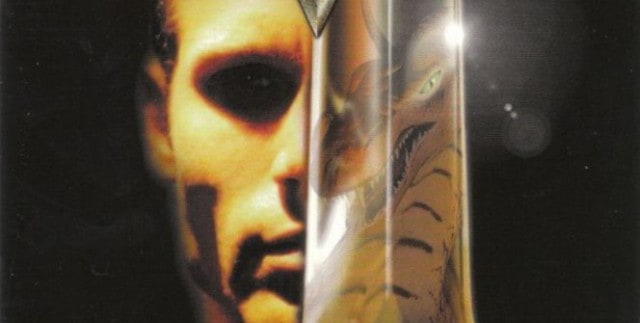
Quest for Glory
Take Game of Thrones, tone down a little of the more adult content, and limit the focus to a single protagonist, and you’ve got Quest for Glory, a five-entry franchise covering a variety of stylistically different lands and cultures that are all tied together by the adventures of a wannabe hero. Over the course of the series, the unnamed hero (often referred to by fans as Devon Aidendale) travels around the mythical world of Gloryanna to complete heroic quests, ultimately participating in the rites of rulership in an island country in order to be named its king. Along the way, the hero faces incredible obstacles, such as evil faeries, menacing demons, and a plot to restore Avoozl, a Cthulhu-like being that would bring destruction to the world.
The great thing about Quest for Glory on television is that, in many ways, it would feel like an anthology without strictly being one. Each season could cover the hero’s adventures in a different land, with the cast and setting changing dramatically each time. The protagonist would tie all of the seasons together, as would recurring cast members and an overall plot. The story would also alternate well between lightness and darkness, and a more dynamic range could help set it apart from similar series (such as the aforementioned Game of Thrones).
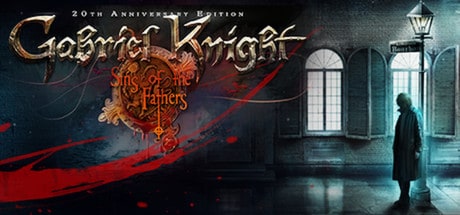
Gabriel Knight
Even though I’ve got this one listed in the middle of the list, I would say it’s my top choice to see adapted for television. The Gabriel Knight franchise follows the story of the titular Gabriel Knight, a down-on-his-luck author, as he learns the history of his family and accepts his destiny as Schattenjäger, or “Shadow Hunter.” Throughout his adventures, he travels to different countries and battles supernatural elements that include a Voodoo coven, werewolves, vampires, and more.
The series is, largely, a supernatural mystery with highly developed characters, and it could be somewhat described as a combination of Sherlock and Supernatural. In addition to its lead character (who, really, is a ton of fun to see), the franchise features a strong female character as its co-lead (which began in the second game in the series). The nature of the franchise would be perfect for a “series of miniseries,” and a limited episode count for each “season” could bring in some wonderful actors without them having to worry about a long television commitment. The in-universe history of the Gabriel Knight series is deeper and more complex than most things on television (a way to entice potential writers and producers), and the lack of a proper conclusion to the franchise leaves the world very open-ended for more exploration.

Space Quest
The most comedic entry on this list, Space Quest tells the story of janitor-turned-unintentional-hero Roger Wilco as be bumbles his way through life, somehow saving world after world through his actions. The series shows as Roger rises in the ranks of Starcon, eventually becoming captain of his own (garbage) vessel, before falling back down to the lowly duty of janitor (the only task that he’s adequately suited for).
The series is an epic journey to be sure, but it is fully planted in comedy and parody, something that isn’t very common these days on television. The nature of the story also defines its hero as someone to which anyone in the audience can relate, and it would be easy to appreciate the unexpected ways in which he saves worlds from invasion, destruction, and, appropriately, pollution. One adventure even features Roger travelling through his own timeline to stop the re-emergence of his nemesis, more or less, and it cleverly has him learning about his future wife and son before he’s even met them in his real “present.” Space Quest on television would allow a series to have a broad science fiction scope that would appeal even to people that aren’t necessarily fans of the genre, and its humor would be family-friendly and appropriate to all ages.
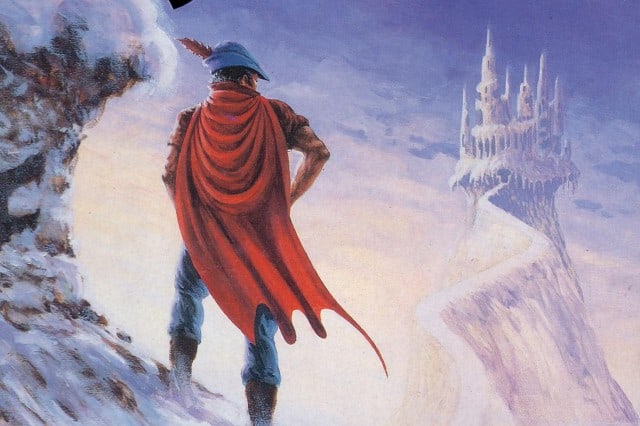
King’s Quest
Probably the most family-friendly entry on the list, King’s Quest is the fairy tale-like story of the royal family of Daventry, a mythical kingdom full of dragons, elves, and more. The series begins with a knight, Sir Graham, becoming the king of the land, and the story throughout the franchise shows how he meets his wife and saves other kingdoms before his children take on prominent roles as heroes in their own right.
King’s Quest is very much a story for the whole family, and it’s heavily influenced by the fairy tales and myths that we’ve all grown up with. In more than one way, King’s Quest can be said to be a Disney-esque version of Game of Thrones, and the scale of the stories told is entirely comparable to the more-adult series. Both men and women have strong and prominent roles, and children watching would most definitely have new heroes to aspire to be like.
Of all the entries on this list, King’s Quest is quite possibly the most likely to receive some form of new exposure as it was recently (soft-)rebooted after the re-emergence of Sierra.
What are some of your favorite adventures? Are there any others that you would like to see adapted onto television? Let us know your thoughts in the comments down below!
 Follow Us
Follow Us


